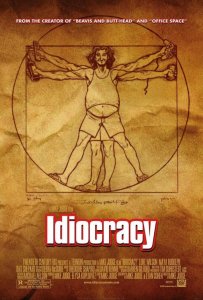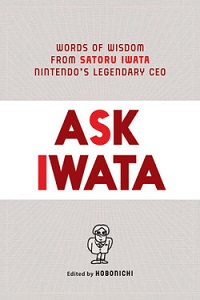“We know of periods in the history of many nations in which profound upheavals in cultural processes led to a surge of the merely talented into leading position in communities, schools, academies, and governments. Highly talented people sat in all sorts of posts, but they were people who wanted to rule without being able to serve. Certainly it is often very difficult to recognise such people in good time, before they have entrenched themselves in the intellectual professions. It is equally difficult to treat them with the necessary ruthlessness and send them back to other occupations.”
Hermann Hesse
The context of this is from the second of three short stories known as “Lives” in Hesse’s The Glass Bead Game. The novel if nothing else (and it is something else), is interesting as Hesse wrote these three short stories and poetry as authored by the fictional protagonist of the main story, Joseph Knecht. Hesse wrote the novel during the 1940s while in Switzerland and the immediate thoughts of those who read it will jump to those in power in Germany at the time. Reading it today though, my mind immediately jumped to the current world’s politicians, bureaucrats, media and corporate officials.



